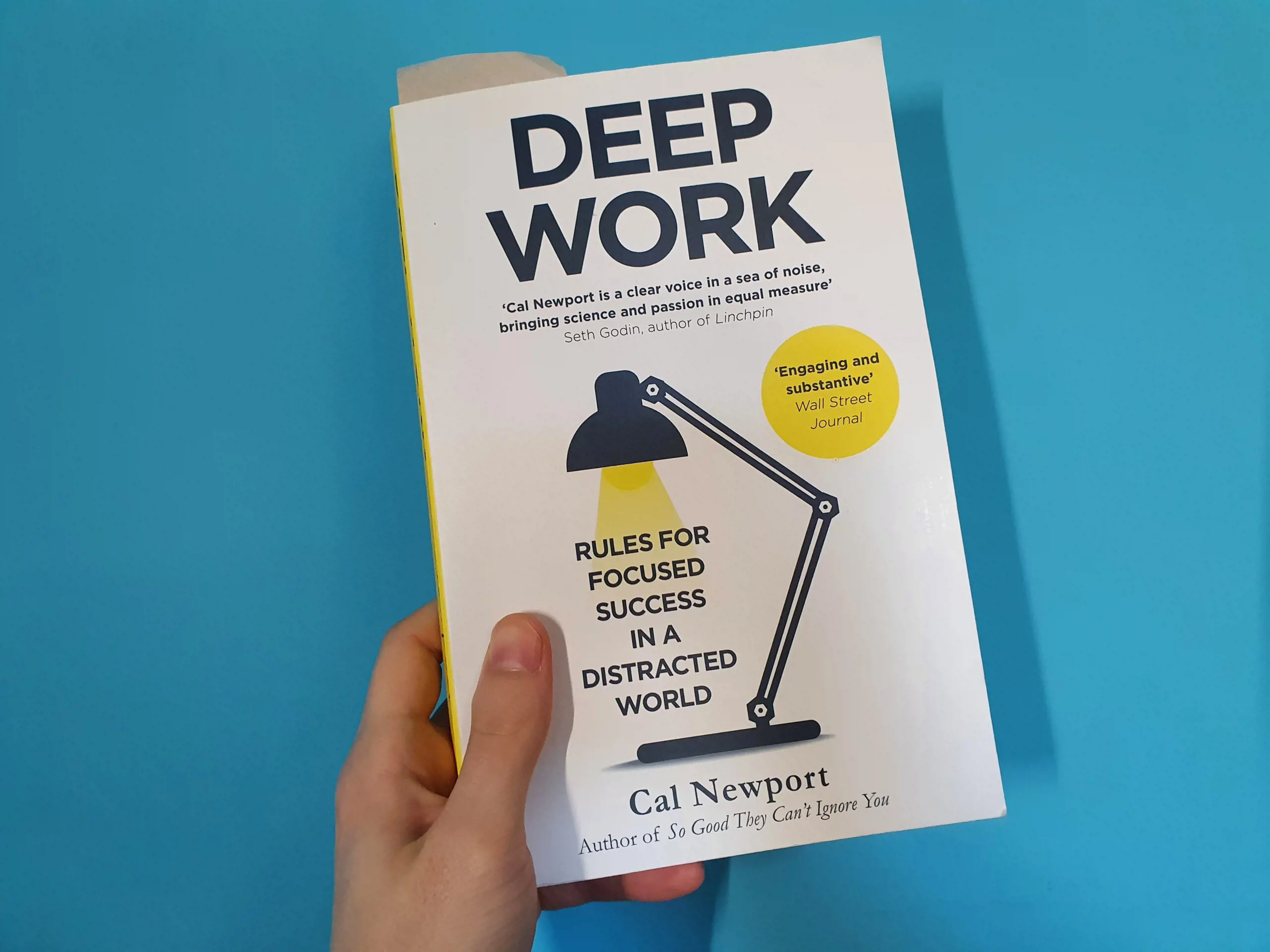
What I learned from Deep Work
5 March 2022
·Deep work is a book by Carl Newport that argues that knowledge workers are missing out economically and emotionally by not spending enough time working deeply. Newport defines deep work as performing professional activities in a state of distraction-free concentration. This is the opposite of shallow work which he defines as “Noncognitively demanding, logistical-style tasks, often performed while distracted”.
The book tells us that deep work is becoming very rare. Distraction-heavy environments based on things like instant messaging prevent us from working deeply. But working deeply is actually what we should be doing. It helps us learn things quickly and produce our best work.
It’s an interesting book that has led me to rethink how I spend my time. Here are the biggest thoughts I’ve had from the book:
Have I fallen into the trap of shallow or busyness work?
Newport puts an emphasis on handling Emails as a form of shallow work. Fortunately, I don’t have this problem in my working life but a problem I could have is meetings. I’ve always thought of meetings as important and necessary. How else could a team keep everyone on the same page and make decisions?
Nort everyone I’ve been in a team with has shared this view. It’s common for software developers to complain about the amount of time spent in meetings. I’ve always brushed this off like how developers always complain about the speed of their computers. But after reading this book, I’m starting to think they have a point.
Newport says that a knowledge worker needs deep work to produce at their peak level. So to produce my best and advance my career as quickly as possible does that mean fewer meetings and more deep work?
I might need to be more selfish with my time
I like unblocking people at work. It can be very frustrating to need a question answered or a pull request completed before you can continue with your work. When I’m able to clear these blockages I feel like I’m cleaning the gears of a clock. Helping my team keep ticking and moving towards our sprint goal.
Deep work makes me question this feeling. Would I have a greater impact working deeply rather than unblocking others? Ignoring messages and pull request notifications would make me feel selfish. Do I need to be more selfish to produce my best?
Who knew a book that encourages more time concentrating could raise so many questions for me? I feel very conflicted on how much of the advice I’m going to act on. But I’m glad it’s raised these questions for me. We should always be challenging how we think.
Memorable quotes:
“When else in history could such a small amount of labor be involved in such a large amount of value?”
“Clarity about what matters provides clarity about what does not.”
“We place alot of emphasis on our circumstances, assuming that what happens to us (or fails to happen) determines how we feel.”

